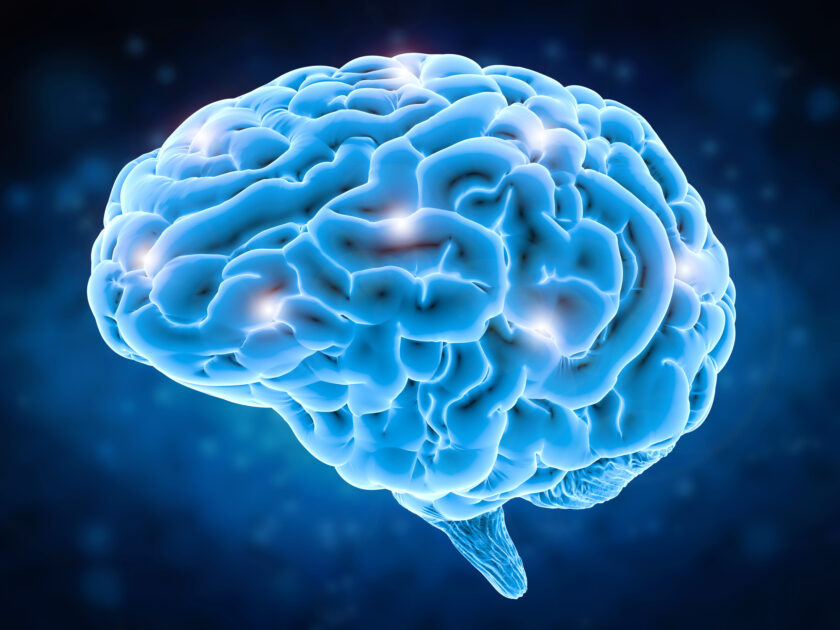The relationship between gambling and the brain
Learn what happens in the brain when someone becomes addicted to gambling, and about gambling and the brain

When a person becomes addicted to gambling, they will experience many of the same symptoms as a person who is addicted to drugs or alcohol. This is because gambling has the same effect on the brain as these substances, sending a rush of chemicals (mainly dopamine) that make you feel good. This makes you want to repeat the behaviour so that you can have that same rush of chemicals again.
How do you know if someone has a gambling addiction?
A gambling addiction can take over a person’s life. Someone with a gambling addiction will keep on gambling despite the negative consequences that come as a result of their gambling. If you find someone you care about is falling behind in school or at work, has missed out on positive opportunities in life because of their gambling, or they have tried to cut back or stop gambling but haven’t been able to, then they would be displaying common symptoms of a gambling addiction. You can find out other signs that a young person has a gambling problem here.
Gambling and the brain
Find out how gambling can effect the brain, and what it might mean:
Pleasure and reward
Gambling is a “rewarding experience” – it makes the gambler feel good. When the gambler starts to pursue gambling in order to get the same reward over and over again, that’s when an addiction has developed.
- There are certain “happiness chemicals” in our brains that get released whenever something good happens
- These “happiness chemicals” like dopamine, serotonin and endorphins are released as neurotransmitters, letting us know that whatever we just did makes us feel good
- If you place a bet on a horse and anticipate that it ends up winning, the brain will release some dopamine, giving you a rush of satisfaction and encouraging you to gamble some more
Increased tolerance
The more chemicals like dopamine that are released when you gamble, the less of an impact it will have as the brain gets used to the activity. In order to get the same rush as you got from the first bet, you will need to take bigger risks each time you gamble.
How you build tolerance:
- The more the brain’s reward system is stimulated, the more the brain will build up a tolerance
- As the behaviour continues, the reward response will start to become numb
- The more a person gambles, the higher the tolerance will build
- This means that someone addicted to gambling will need to gamble more in order to get the same level of excitement as when they first started
Impulse control
The decision making part of the brain is called the prefrontal cortex. This is the part of the brain that controls impulses and weighs up risk and reward in the short and long-term when making a decision.
Loosing impulse control:
- When someone has developed a gambling problem, the prefrontal cortex isn’t able to weigh these risks and rewards properly
- A decision is likely to be made based on short-term or immediate reward, rather than the long-term impact
- If the gambler believes their next win is about to come up, then they won’t be able to control the impulse to play
Withdrawal symptoms
Some compulsive gamblers will experience withdrawal symptoms if they stop gambling.
- This could include becoming irritable, unable to sleep, and in some cases even feeling unwell, shaking, or sweating.
- This is because the gambling behaviour has interfered with the reward system in the brain, causing a dependence on gambling. When you stop, the brain will start to go through withdrawal symptoms similar to drug or alcohol addiction
How can I stop gambling?
Gambling can be difficult to give up and you may have to try a few different things, but recovery is possible no matter how hopeless the situation may feel.
You can contact Gambler’s Anonymous for information, advice and support.
Find out more about support services for gambling problems.
Feeling overwhelmed and want to talk to someone?
- Get anonymous support 24/7 with our text message support service
- Connect with a trained volunteer who will listen to you, and help you to move forward feeling better
- Whatsapp us now or free-text SPUNOUT to 50808 to begin.
- Find out more about our text message support service
If you are a customer of the 48 or An Post network or cannot get through using the ‘50808’ short code please text HELLO to 086 1800 280 (standard message rates may apply). Some smaller networks do not support short codes like ‘50808’.






